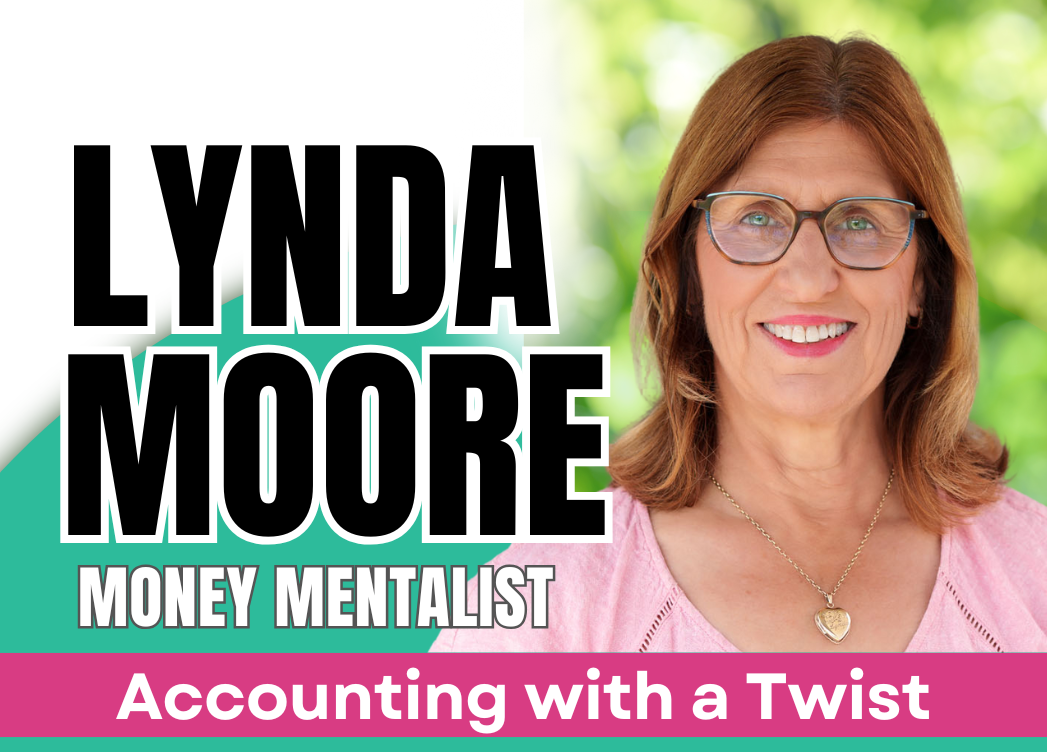
Is it too late for me to save for retirement?
Retirement – are you ready? It seems so many aren’t, and very concerned about it, as I get asked this question weekly.
“My question would be around what you could do to improve your retirement prospects if you’re 50+, single, have little KiwiSaver and no property … and what are the options for creating wealth when you’re in a job trading time for money. What I’ve read says that life as a retiree will be tough if you’re in this situation.”
I’ve been thinking more about the question, as I said, you are far from being alone if you are in this situation. I don’t know the exact statistics other than there are a huge number of people, men and women, in the same boat and I seem to be talking to more of them every day.
Wouldn’t it be great to have a magic wand and go back in time to our 20’s when we didn’t care about retirement and be able to make different decisions. I can certainly think of a number of things I would have done differently.
Don’t be discouraged by what you read in the media. Although you could be forgiven for thinking that it is their job to give us the doom and gloom and frighten us into saving more (I am not sure that tactic is working). Everyone is different and every change you make now will have a flow on effect into your own retirement situation.
Here are a few practical suggestions for you.
- Are you maximising your Kiwisaver (superannuation) contributions? I’m not a financial advisor, so I can’t advise you on specific schemes and amounts to contribute, but you can use online calculators to help you to start with.
- You need to know your numbers, by that I mean, what is currently coming in and what is going out. This isn’t what you think is happening, it is what is actually happening and you do that by detailed analysis of your bank accounts and credit cards for a 3-6 month period.
- Look for the low hanging fruit. When do you last check your phone plan, power provider, insurances etc. Review everything that you pay regularly and see what you can trim. Anything that you trim goes to your retirement savings.
- Look at the rest of your spending and ask yourself, is spending this now more important than investing in my retirement? This isn’t about being frugal or denying yourself the things and experiences that are important to you. But what it will pick up on is the bits and pieces that you spend without really thinking and those times that you feel compelled to spend (for example gifts, nights out with workmates). Every time you make a decision that your retirement is more important, transfer what you would have spent into a savings account, then on a regular basis move it to your retirement fund.
- You also need to know how much you need to have saved by the time you are ready to retire. Use an online calculator to help you work this out. But be careful using tools like these as they can demotivate you rather than motivate, but they are a starting point.
Remember, the power of compounding interest will see to it that small changes to your spending and saving behaviour now will make a difference to your future.
Trading time for money working for an employer is only one way of generating income. There are other options, like utilising a spare bedroom for an overseas student, or turning your hobbies into a part time venture as there are bound to be others out there who are happy to pay.
It is about being resourceful and thinking outside the square. Why not ask a friend to be part of a brainstorming session to come up with other possible ideas where you can generate more income.
The key of course is then to do something about them.
